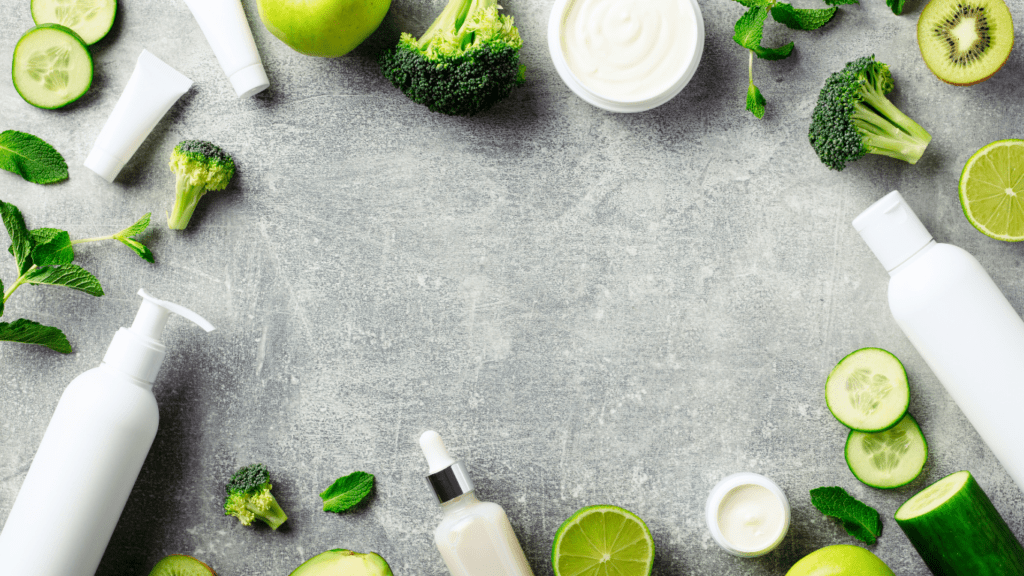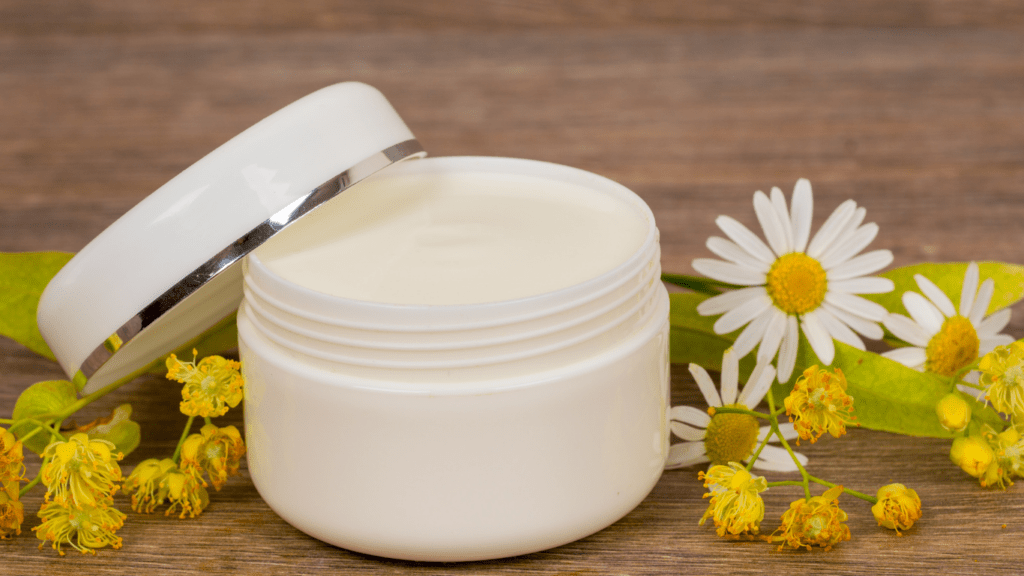The Evolution of Organic Skincare
Organic skincare has evolved significantly over the decades. Initially, consumers had limited choices, with only a few brands offering natural products. Today, the market teems with options due to increased demand driven by health-conscious consumers. This surge in demand has encouraged innovation in the industry, leading to more effective and diverse product offerings.
Commercialization in the organic skincare sector began in the late 20th century. Brands like Dr. Bronner’s and Burt’s Bees emerged as pioneers, setting standards for others to follow. The introduction of these brands marked the beginning of standardized production processes and certifications, like USDA Organic, ensuring product quality and transparency.
Advancements in organic farming and manufacturing have further propelled the industry’s growth. Farmers employ sustainable methods to cultivate raw materials free from synthetic pesticides and GMOs. Modern extraction techniques help retain the natural integrity and efficacy of ingredients. As a result, today’s organic skincare products are not only safer but also potent and multifunctional.
Consumer awareness has also played a crucial role in the evolution. Social media, blogs, and beauty influencers have educated users about the benefits of natural ingredients and the risks associated with synthetic chemicals. This heightened awareness has pushed brands to maintain transparency and authenticity in their formulations.
Popular Ingredients in Organic Skincare
Organic skincare products typically boast a range of natural ingredients known for their beneficial properties. Aloe vera, chamomile, and lavender are common examples. These ingredients soothe and hydrate the skin naturally, reducing the need for artificial additives.
Cold-pressed oils like argan, jojoba, and coconut oil offer moisturizing and anti-inflammatory benefits. Such oils mimic the skin’s natural sebum, improving texture and elasticity. They also contain essential fatty acids and antioxidants that protect against environmental damage.
Extracts from botanicals like:
- green tea
- calendula
- rosehip
are rich in vitamins and minerals. They provide anti-aging benefits and enhance skin vitality. These botanical extracts are often combined with essential oils to create synergistic blends that maximize skin health.
As organic skincare continues to grow in popularity, consumers need to discern true organic products from those merely marketed as such. By understanding the evolution and recognizing authentic ingredients, users can make informed choices for healthier skin.
Benefits of Organic Skincare Products

Organic skincare offers multiple benefits that enhance not just the health of your skin but also the environment. Choosing products with natural ingredients leads to healthier, more radiant skin.
Nutrient-Rich Ingredients
Organic skincare products often include nutrient-rich ingredients such as vitamins, minerals, and antioxidants. These components, like aloe vera and chamomile, nourish the skin more effectively than synthetic ingredients. Aloe vera, for example, provides hydration and soothes irritation. Chamomile reduces redness and has anti-inflammatory properties. Cold-pressed oils like argan and jojoba deliver essential fatty acids that keep the skin supple and moisturized. These natural components contribute to overall skin health, providing visible improvements without harmful chemicals.
Environmental Impact
Using organic skincare products positively impacts the environment. These products typically use sustainably-sourced ingredients and eco-friendly farming practices. Organic farming avoids synthetic pesticides and fertilizers, reducing chemical runoff into water systems. Packaging often uses recyclable or biodegradable materials, minimizing waste. Brands prioritizing eco-conscious practices promote a healthier planet while offering high-quality skincare solutions. Supporting these brands contributes to environmental preservation and aligns with growing consumer demand for sustainable living.
Key Differences Between Organic and Conventional Skincare
Organic skincare and conventional skincare differ in several important ways, particularly concerning ingredient sourcing and manufacturing processes.
Ingredient Sourcing
Organic skincare products use natural, sustainably-sourced ingredients like aloe vera, chamomile, and cold-pressed oils. These ingredients come from certified organic farms that avoid synthetic pesticides and chemical fertilizers, ensuring purity. In contrast, conventional skincare products often rely on synthetic chemicals and petroleum-based components, which can include parabens, sulfates, and artificial fragrances. These ingredients can cause skin irritation and long-term health concerns.
Manufacturing Processes
Organic skincare manufacturing emphasizes clean, eco-friendly practices. Brands prioritize methods that maintain ingredient integrity, such as cold pressing and natural fermentation. This process minimizes the risk of harmful additives entering the final product. Conventional skincare manufacturing often uses high-heat extraction and chemical solvents, which can degrade the quality of active ingredients and introduce potentially harmful residues.
How to Identify Truly Natural Products
Choosing genuinely natural skincare products is challenging but essential for healthier skin. Knowing what to look for makes the process easier and ensures you get the best results.
Reading Labels and Certifications
Reading labels is crucial for identifying natural products. Look for certifications like USDA Organic, Ecocert, or COSMOS Natural. These labels signify that the product meets strict organic standards. For example, USDA Organic ensures that a product contains at least 95% organic ingredients. Avoid terms like “natural” or “green,” which are often unregulated and can be misleading.
Understanding Ingredient Lists
- Understanding ingredient lists helps clarify a product’s natural status.
- Natural products often feature recognizable, plant-based ingredients like aloe vera, chamomile, or cold-pressed oils.
- Avoid ingredients that sound synthetic or contain numbers and complex names like parabens or phthalates, which indicate chemical additives.
- Additionally, the order of ingredients matters; ingredients are listed by quantity, so look for natural ingredients at the top.
Popular Organic Skincare Brands to Consider
Considering the plethora of brands in the organic skincare market, I have selected some notable names that stand out for their commitment to quality and authenticity.
Brand 1 Overview
Dr. Bronner’s
Dr. Bronner’s is renowned for its multi-use products and dedication to organic integrity. Since the late 1940s, this family-owned brand has adhered to high standards, ensuring all products are USDA Organic, Fair Trade, and free from synthetic preservatives. Their popular items include Castile Liquid Soap and Organic Sugar Soap, both featuring simple, plant-based ingredients like coconut, olive, and hemp oils.
Brand 2 Overview
Burt’s Bees
Burt’s Bees has been a pioneer in the organic skincare landscape since the 1980s. Starting as a small beeswax candle-making company, it evolved into a renowned brand for its natural formulas. Products typically carry the “Leaping Bunny” certification, indicating cruelty-free practices. Popular offerings include their Beeswax Lip Balm and Res-Q Ointment, which utilizes natural ingredients such as beeswax, coconut oil, and botanical extracts.



